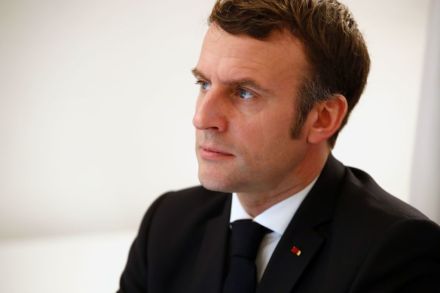Macron’s vaccine ‘citizen panel’ is doomed to fail
France has a problem when it comes to the coronavirus vaccine. Emmanuel Macron’s administration has so far only given out around 5,000 vaccines, and France has one of the lowest levels of trust in the coronavirus vaccine in the world, with only 40 per cent of the public saying they want to be inoculated. Faced with this trust deficit, Macron has proposed a 35-member ‘citizen panel’ to oversee France’s vaccination programme. The body, made up of a random selection of French citizens, will be responsible for monitoring and advising the government when it comes to the vaccine roll-out. Vaccines are the perfect storm for distrust of public authorities. Each recipient





















